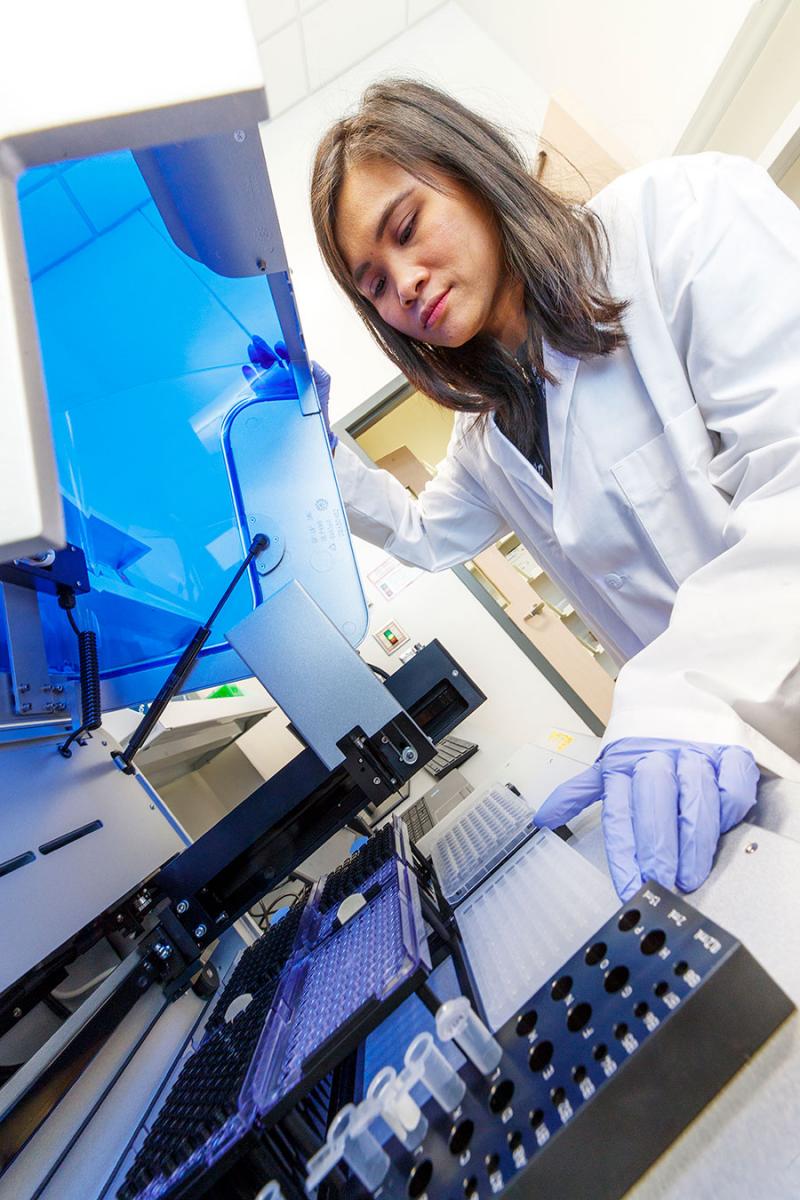The Importance of Pet Diagnostic Labs for Dogs and Cats
The Importance of Pet Diagnostic Labs for Dogs and Cats
Blog Article
Pets are family, and maintaining their vitality is a responsibility. Veterinary diagnostic services play a crucial role in monitoring wellness for our four-legged friends.
Here, we’ll cover the importance of veterinary labs and review key diagnostic services.
How Do Veterinary Laboratories Work?
Diagnostic labs for pets focus on testing for identifying medical conditions. Vets rely on their findings to develop effective treatments.

How tests are conducted usually includes:
- Gathering biological samples: Tissue or fluid samples are gathered during visits.
- Sample examination: Experts using equipment analyze the findings.
- Results interpretation: Vets review the reports for better care.
Common Veterinary Tests for Dogs and Cats
A variety of tests are available for pets to address medical issues. Key lab services include:
- Complete blood counts (CBC): Assess organ function.
- Urinary health exams: Evaluate kidney function.
- Parasite checks: Identify digestive disorders.
- Allergy panels: Support long-term comfort.
- Advanced imaging tests: Spot fractures or injuries.
How Testing Supports Pet Health
Regular testing supports proactive health management. With advanced testing capabilities, your pets can recover faster.

Why diagnostics matter include:
- Longer, healthier lives: Pets live happier, healthier lives.
- Cost savings: Small problems are treated before they escalate.
- Assurance about pet health: Feel secure about their health.
laboratório clínico veterinário
laboratório veterinario são paulolaboratorios veterinários
The Value of Diagnostics for Pet Owners
Pet health labs help pets live long, healthy lives. By using these valuable resources, you protect their well-being.
Act now to safeguard your pet’s future and ensure their happiness and longevity!
Report this page